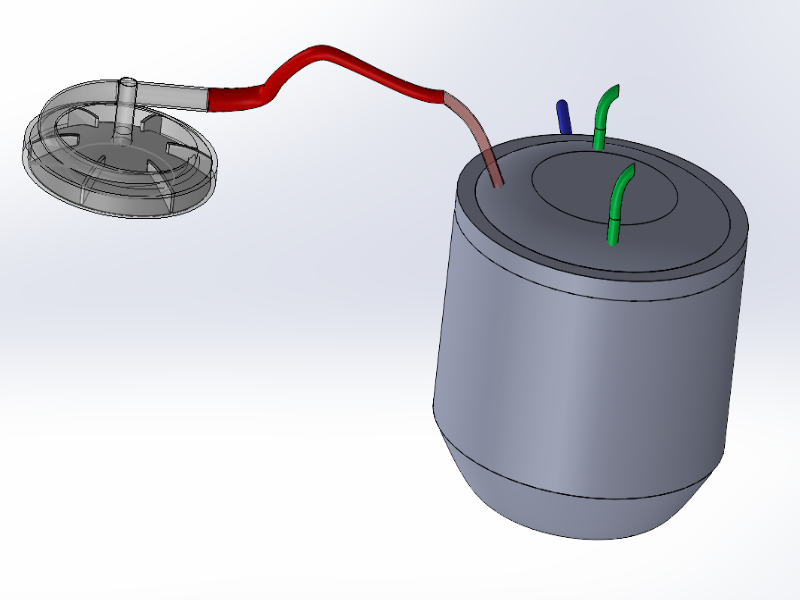
Team 15
Team Members |
Faculty Advisor |
Mark Thoman |
Kelly Burke Sponsor UConn School of Engineering |
sponsored by
Sponsor Image Not Available
Extracorporeal membrane oxygenation (ECMO) is an artificial heart and lung housed outside the human body used to oxygenate and pump a patient’s blood under critical circumstances. However, the blood in the circuit can clot and cause blockages due to stresses that build up in the fluid, which poses a life-threatening risk to the patient. This risk is combatted by medical professionals by using blood-thinners which are not fully effective at preventing clotting and can lead to other complications. The goal of this project was to modify the materials along with the impeller blade shape of the pump as a way to limit stresses on the blood and subsequently, the number of clots created throughout the device. Our methods of calculating clot accumulation through quantifying shear stress, diffusion and flow rates were determined through the application of engineering principles and detailed knowledge on the blood clotting pathway. The system was optimized to enhance adult ECMO usage for a short two-week term to reduce the necessity of blood-thinners. This design could be a valuable advancement in critical patient care with successful final evaluations based on clot accumulation and shear stress distribution.
